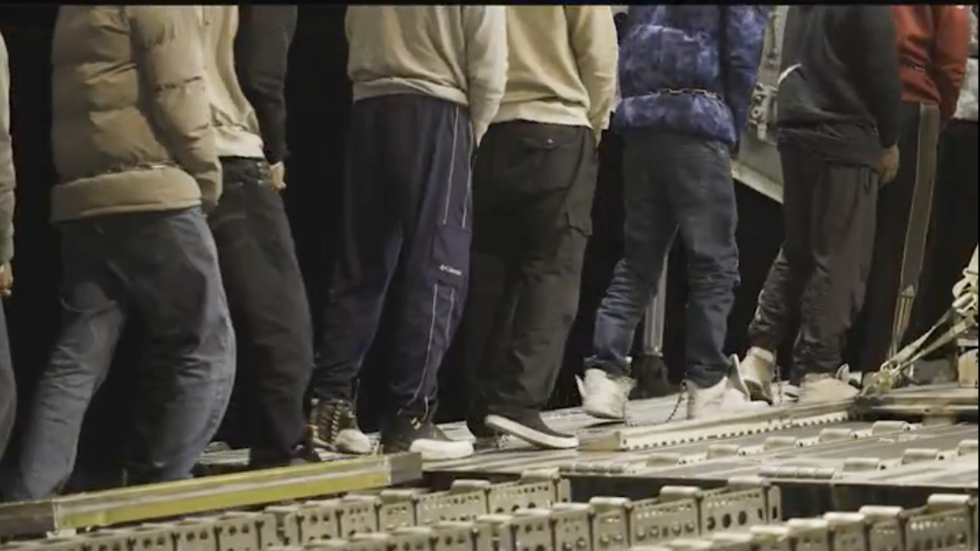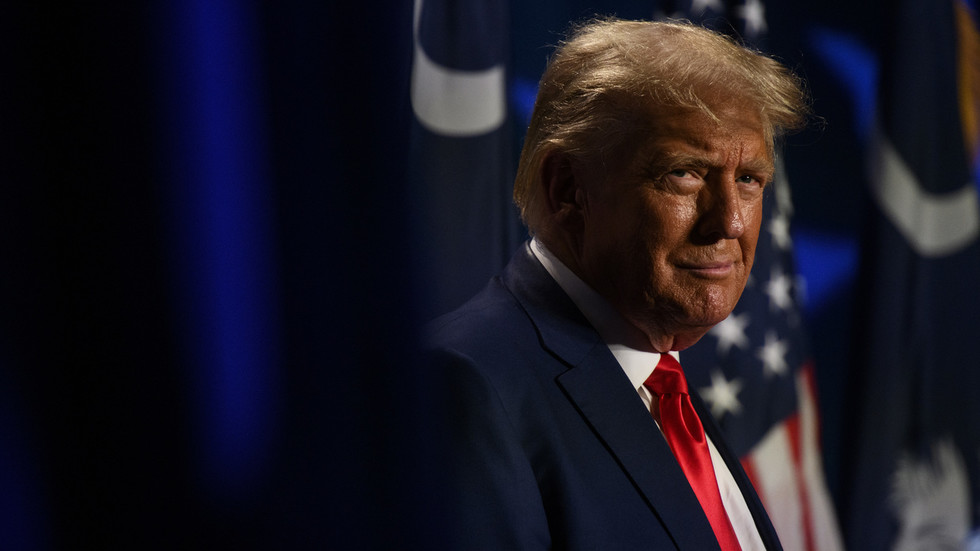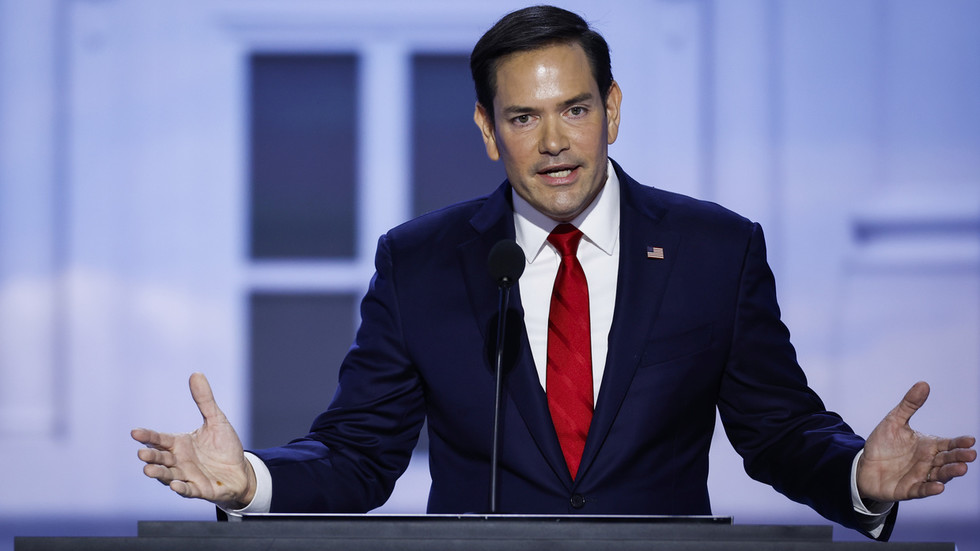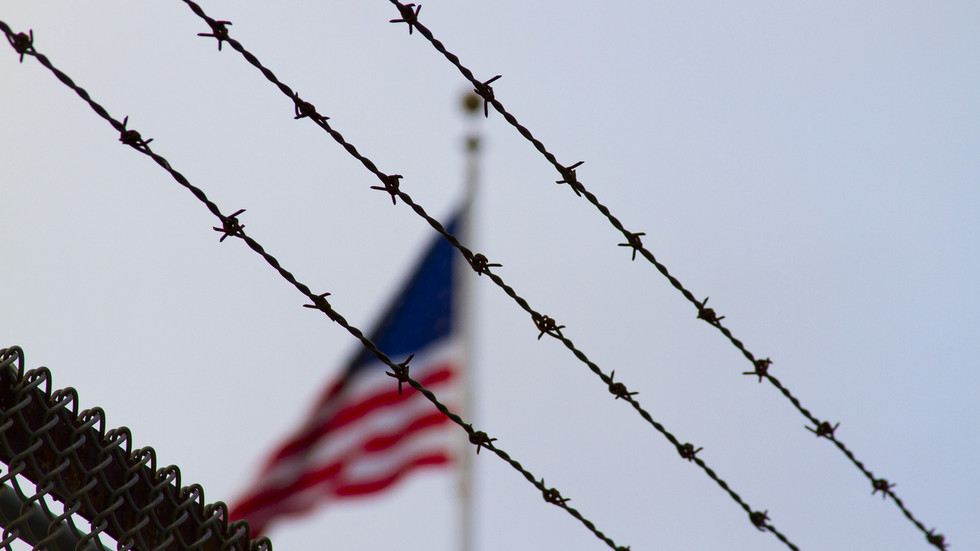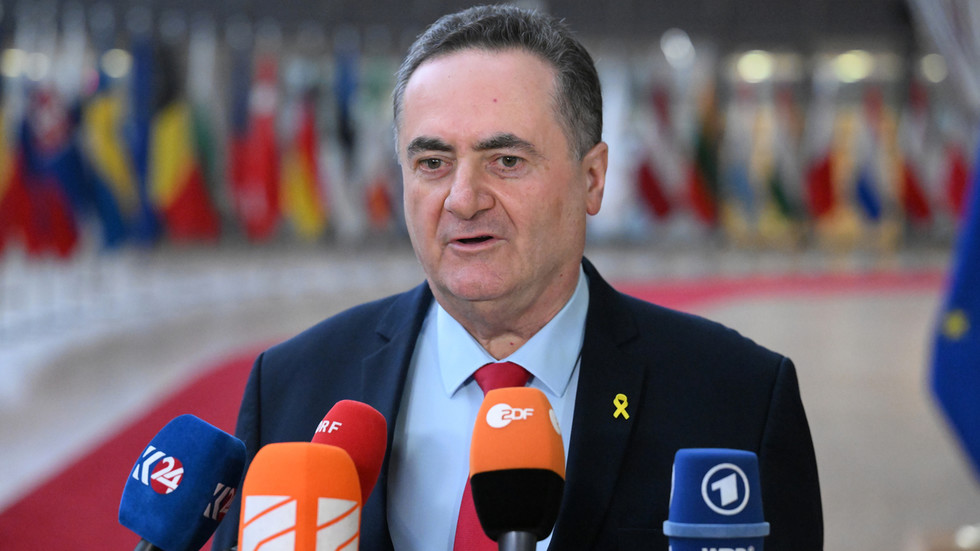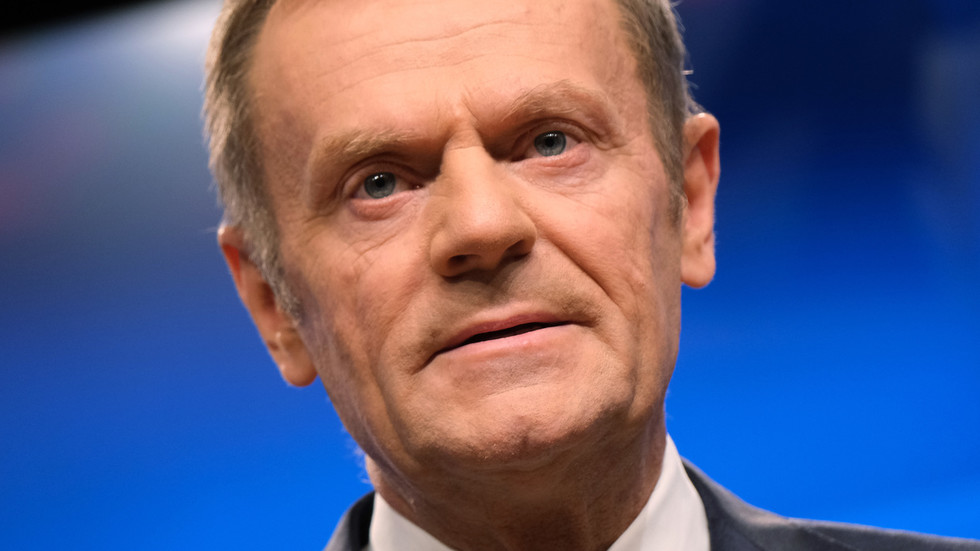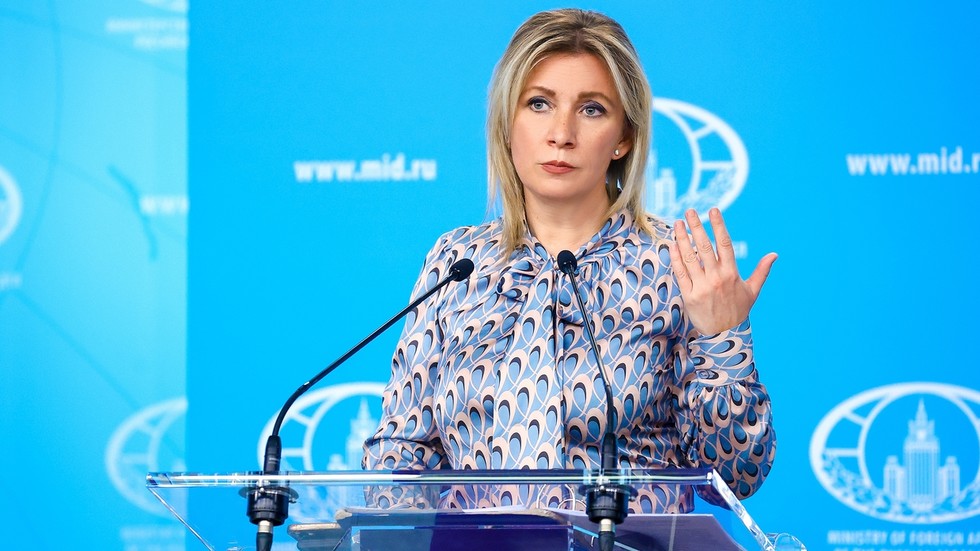
Sign up for the daily Inside Washington email for exclusive US coverage and analysis sent to your inbox
Get our free Inside Washington email
Two famous American men with notorious reputations appeared in downtown Manhattan courtrooms near each other this week, during the latest round in their long list of legal problems.
Disgraced Hollywood producer Harvey Weinstein appeared at New York State Supreme Court for a hearing on Wednesday for the first time since a New York appeals court overturned his 2020 conviction for rape and sexual assault of two women.
Weinstein now faces a September retrial, after the appeals court ruled that the judge in the case made “egregious errors” by letting the prosecution call witnesses with testimony unconnected to the charges.
Just one block away, Donald Trump’s hush money trial continued this week at Manhattan Criminal Court. The former president faces 34 counts of falsifying business records over a $130,000 payment to porn star Stormy Daniels.
The reimbursement to her was later logged as legal expenses. The prosecution argues that the payment in the lead-up to the 2016 election was tantamount to election interference, making the false records a felony.
The judge in charge of Trump’s case, Judge Juan Merchan, has ruled that if the former president chooses to testify, prosecutors may ask him about “uncharged bad acts,” including recent judgements against him, such as being found liable for defamation and fraud.
Could the same legal reasoning that saw Weinstein’s conviction appeal succeed help Trump overturn a possible guilty verdict in his New York trial?
Legal experts, including a criminal attorney represented Weinstein and a former San Francisco District Attorney, tell The Independent they think the cases have little to do with each other, and have different arguments over whether any ruling from Judge Merchan will withstand an appeal.
‘Apples and oranges’
Duncan Levin, a criminal attorney who has represented Weinstein and was also a former top official in the Manhattan District Attorney’s office before it brought the case against Trump, tells The Independent that it’s a case of “apples and oranges”.
“The issue of bringing in prior uncharged acts is something that is examined in every single case where there are uncharged acts,” he says.
Levin says some may expect that prosecutors could become more “gun shy” following the Weinstein appeals ruling. But he notes that in the Trump case, the opposite is true as the prosecution forges ahead.
“There was an instance a few days ago where the prosecutor asked the judge to be allowed to cross-examine Trump on the violation of the gag order if he testifies, and that shows that the prosecutors are not afraid of aggressively cross-examining him on uncharged acts of wrongdoing,” Levin says.
Trump was recently fined $9,000 for gag order violations during the case.
The attorney adds that he doesn’t believe that the issue will impact the trial or the cross-examination “in any way”.
The Weinstein verdict was overturned because the Court of Appeals found that the prosecution had a narrow, contained case with a small number of alleged victims and that the prosecution was trying to get a conviction using evidence of many more alleged victims, violating his due process rights by broadening the trial and including many uncharged acts, Levin tells The Independent.
Prejudicial versus probative evidence
“The prejudice from that outweighed the probative nature of the evidence,” Levin says, noting that Judge Merchan will likely take the Weinstein ruling into account when making any final decisions on what Trump can be questioned about.
Prejudicial evidence is that which has a negative impact on the fairness of a case. Examples include misused proof or evidence that is confusing or wastes time. Meanwhile, probative evidence proves the facts of the case.
Chesa Boudin, the Executive Director of the Criminal Law & Justice Center at Berkeley Law and a former San Francisco District Attorney, says when speaking to The Independent that there are “very specific evidentiary rules as related to evidence of sexual misconduct” which apply to the Weinstein case but not to the Trump case.
“According to the Court of Appeal, the misapplication of those rules was the basis for the reversal of his conviction,” he says. “I was surprised, frankly, to see the Court of Appeal rule in that way because there are such broad exceptions for prior sexual misconduct coming into evidence.”
But he doesn’t think the case relates to Trump’s ongoing trial because while there are underlying “salacious” details, Trump isn’t being charged with a sex crime, meaning that “none of the exceptions to the normal rules of evidence” applies to the hush money case.
This, however, won’t stop Trump from appealing any possible conviction with claims of “error related to evidence admitted against him”. But it won’t be the same issue as in the Weinstein case.
“The legal precedent set by the Weinstein appeal should not have any direct bearing on Donald Trump’s case,” Boudin says.
Levin adds that the Weinstein “opinion is a warning to prosecutors to be fair in the type of evidence that they use … to get a conviction”.
But he says that at this time, there’s nothing “that would raise alarms with the judge”.
The attorney and former prosecutor argues that the DA’s office in the Trump case is seeking to bring in evidence that backs up the allegation that Trump was in a conspiracy to commit campaign finance violations.
‘Overzealous’ approach may be ‘basis for reversal’
One thing the Manhattan DA’s office have to prove is that Trump was concerned that past alleged affairs could become a problem for him right before the election to such a degree that he took steps to make the payment to silence the story, Levin says.
“It is evidence in the case that gets to the ultimate question of whether Trump was taking action to interfere in the election by paying hush money,” he adds, noting that the prosecution will likely be allowed to bring in evidence that supports the charges.
Mr Boudin says the prosecution is doing the right thing by going for an expansive approach in what evidence they can bring up if Trump chooses to take the stand “knowing full well that there’s always a risk that an overzealous approach … can later be the basis for a reversal”.
In such a complicated case with so many documents and technical legal issues, the prosecution “has to make sure to paint a full and detailed picture for the jury of what happened so the jury can reach a just conclusion,” Boudin adds. “And I think the trial judge knows full well that every one of his decisions will be scrutinized and appealed if conviction is the outcome.”
Boudin tells The Independent that usually, a trial court’s decision will not be reversed even if an appellate court disagrees with it unless an error is found to have “impacted the outcome of the case”. In Weinstein’s case, errors made were found to have been harmful.
If Trump doesn’t testify but is convicted, he’ll likely argue on appeal that the inclusion of such evidence had a chilling effect on his willingness to take the stand. But that argument would “fall flat” if he does take the stand, Levin notes.
“If he doesn’t testify, I am sure that one argument they will make is that he did not testify because of the court’s adverse ruling against him and have a similar issue on appeal,” Levin says.
‘Opening the door to all manner of evidence’
The question at hand during the Trump hush money trial is if prior bad acts are allowed to be used in evidence.
Boudin notes that even if the judge has previously said that the Access Hollywood tape is inadmissible – if Trump claims on the stand to have never sexually assaulted a woman, that tape can suddenly be used.
“If he is on the witness stand, it’s entirely possible that he will do what we call ‘opening the door’ to all manner of evidence coming in,” he adds.
“Some evidence that might not be admissible for its direct probative value may become admissible if a witness makes it relevant by denying something for which they can then be impeached with that same evidence,” Boudin says.
In a trial setting, impeachment is the process of showing that a witness isn’t credible.
Considering the amount of public statements, audio, and video content that exists of Trump, there are endless ways for him to open the door to fresh evidence.
“In Harvey Weinstein’s case, they were trying to make the point that he is a serial rapist … but that was so prejudicial,” Levin says.
In Trump’s case, the prosecutors are seeking to cross-examine based on past court rulings “and other allegations that get to the ultimate heart of what he’s accused of”.
“Remember what this case is about,” Levin adds. “They falsified business records with the intent to commit another crime, the other crime being … violation of the campaign finance laws.”
“The reason he did it ... was so it would quiet down all these allegations,” he says. “That’s why they fit into the narrative here in a different kind of way than they did in the Harvey Weinstein case.”

 9 months ago
48
9 months ago
48
